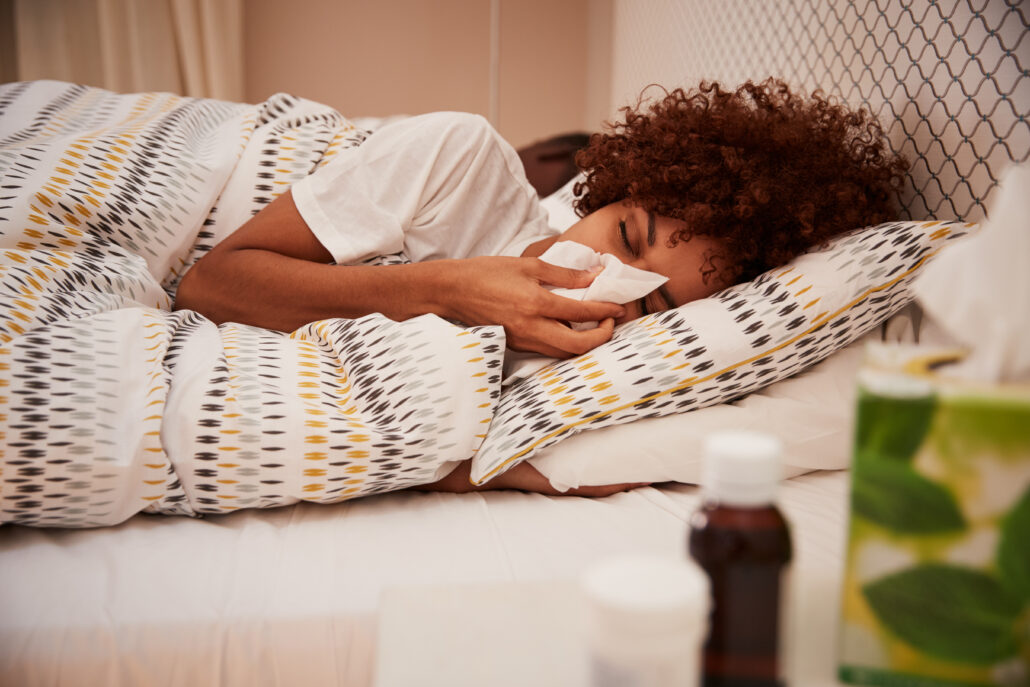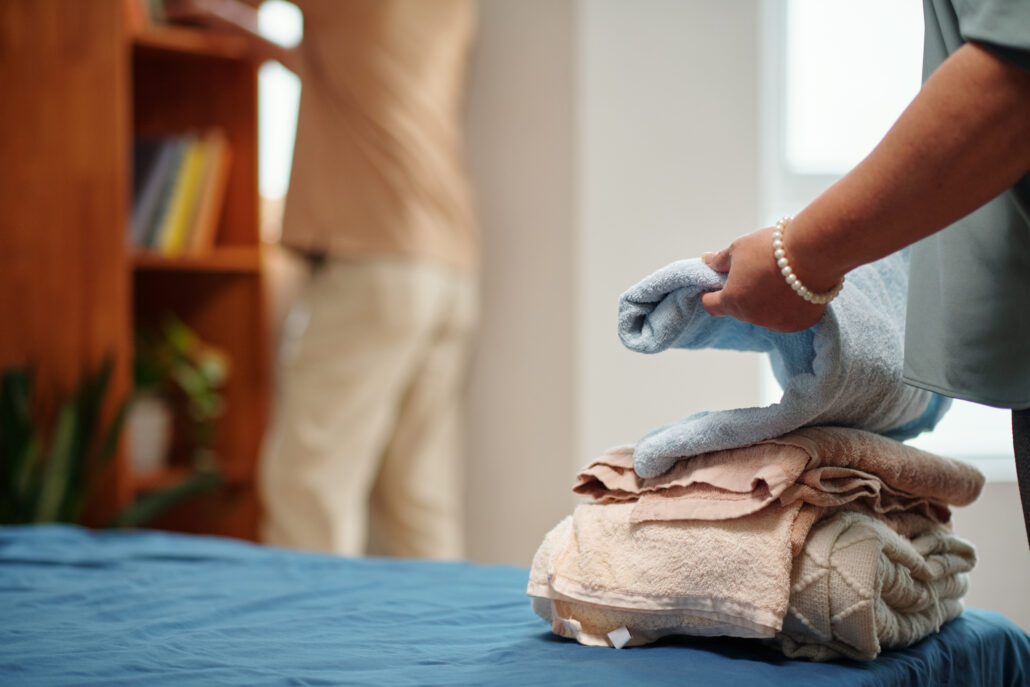Better Sleep Council spokeswoman Terry Cralle shares the importance of ensuring restful sleep for children as they head back to school and highlights strategies for promoting healthy sleep habits to enhance their physical, psychological, and academic well-being year-round.
How time flies during summer vacation! Before we know it, another school year is just around the corner. So, as we prepare our children for the upcoming school year and assemble our back-to-school supplies, let’s consider one supply that should be at the top of your list—SLEEP!

Back-to-School Sleep Strategies for Children
Sleep plays a critical role in our children’s lives—not only for physical health and brain development but a myriad of other aspects, including psychological health, outlook, ability to learn, ability to focus, motivation, relationships, language skills, and more—many aspects of functioning that directly impact present and future well-being and quality of life. Here are a few ways to help promote healthy sleep habits in children.
Consistency Is Key
Establishing a predictable, routine bedtime can help maintain healthy circadian rhythms. Consistency in this routine also helps children understand what to anticipate each, making bedtime a non-negotiable aspect of their daily routine and decreasing nighttime tantrums.
A regular bedtime also fosters healthy, independent sleep in children. One study found that children without consistent bedtimes at age 3 had lower test scores in reading, math, and spatial awareness at age 7 than children with regular bedtimes.
Bedtime Is the Best
Approach sleep and bedtime in a positive light. Tell your child, “You get to go to bed.” Instead of “you have to go to bed.” Reinforce that everyone needs sleep and that sleep is good for you. Sleep helps you be a better student, a better athlete, a better sibling, a better friend—and it helps keep you from getting sick!
Manage Late-Night Study Time
If homework assignments and school start times encroach on sleep time, implement time-management strategies. Discuss homework times with other parents, teachers, and administrators to ensure that healthy sleep times are maintained and supported in the classroom as well as in the home. Older children should be cautioned about pulling late and all-nighters, which are counterproductive to learning, problem-solving, and retaining information.
Make the Right Mattress Selection
Given the critical importance of sleep on growing bodies and minds, don’t overlook the importance of the sleep surface. A high quality, supportive mattress for your child is essential for healthy growth and development. Older children can participate in their sleep health by getting involved in their mattress selection, pillow, and sheets selection process.
Sufficient Sleep: Make it a Year-Round Family Value
Although the critical importance and the need for sleep in children may seem obvious, many children fail to get the sleep they need for optimal physical and psychological development, learning, and overall optimal functioning. Therefore, as parents, we must make our children’s sleep health a priority and are vigilant about providing the best sleep possible for our children—not only during the school year but year-round.
Insufficient sleep disrupts every aspect of a child’s ability to function. A sleep-deprived child is more susceptible to illness, chronic and acute health problems, obesity, and depression. Without sufficient sleep, a child is more inattentive, less mentally alert, less motivated, impulsive, argumentative, and hyperactive. Sleep-deprived children are more prone to accidents and injuries, mood swings, irritability, and trouble getting along with their peers. Sleep deprivation in adolescents is associated with depression, motor vehicle crashes, substance abuse, and suicide.
Discussing sleep and encouraging your children to acquire good sleep habits early in life can benefit them throughout childhood and contribute to a healthier and happier adulthood.
No child’s health—or potential—is expendable, and we must make the attainment of quality sleep a year-round endeavor and a personal, family, and classroom priority to positively impact the life course of our children. We can affect the quality of life by ensuring better sleep quality in children and adolescents.



